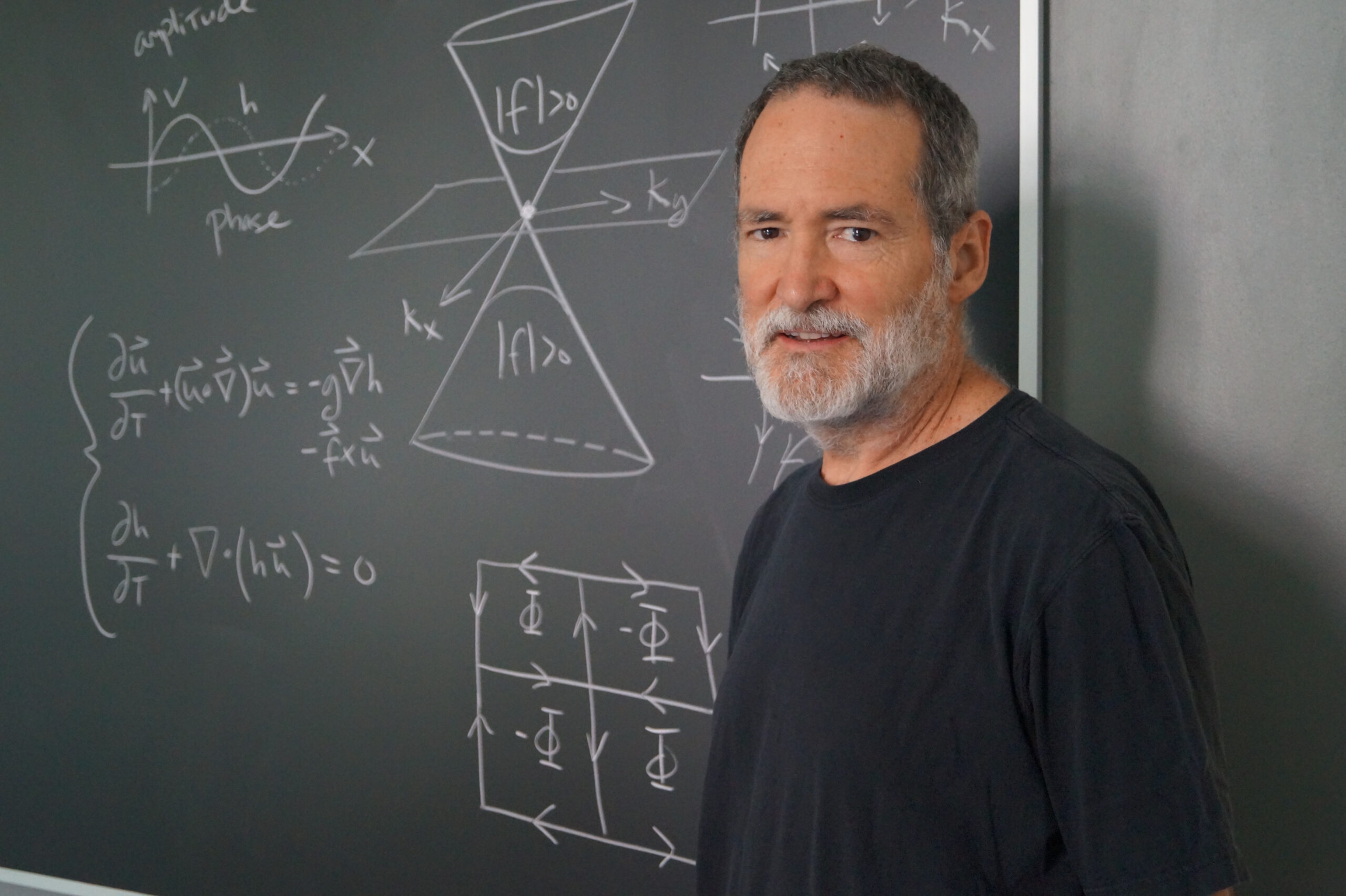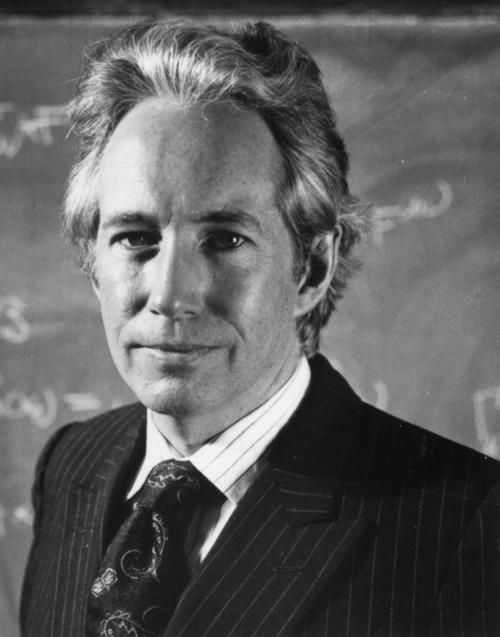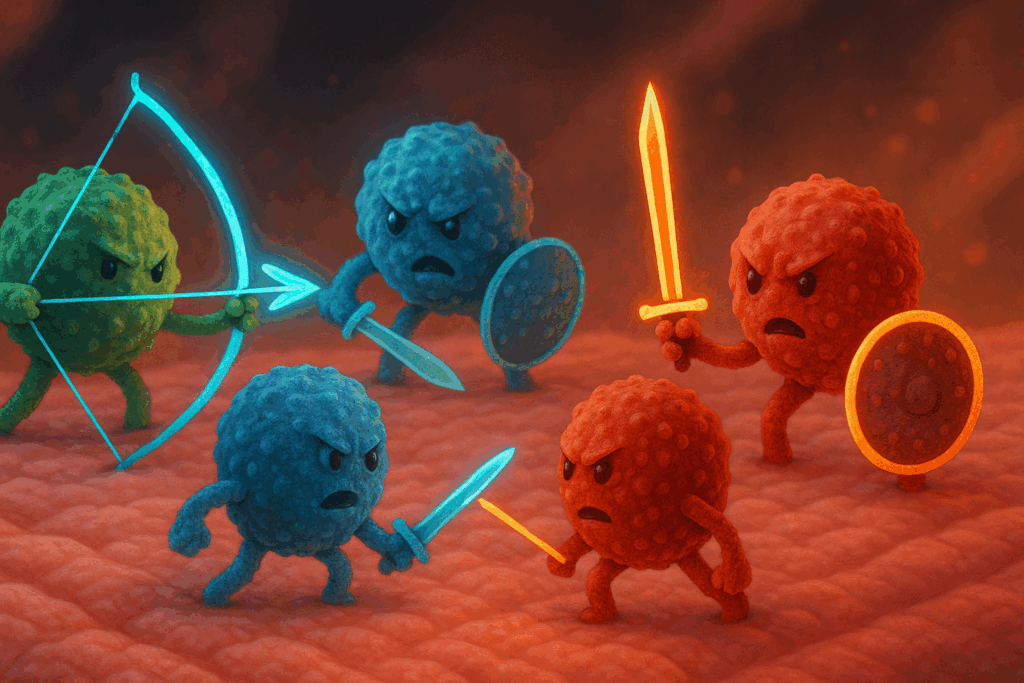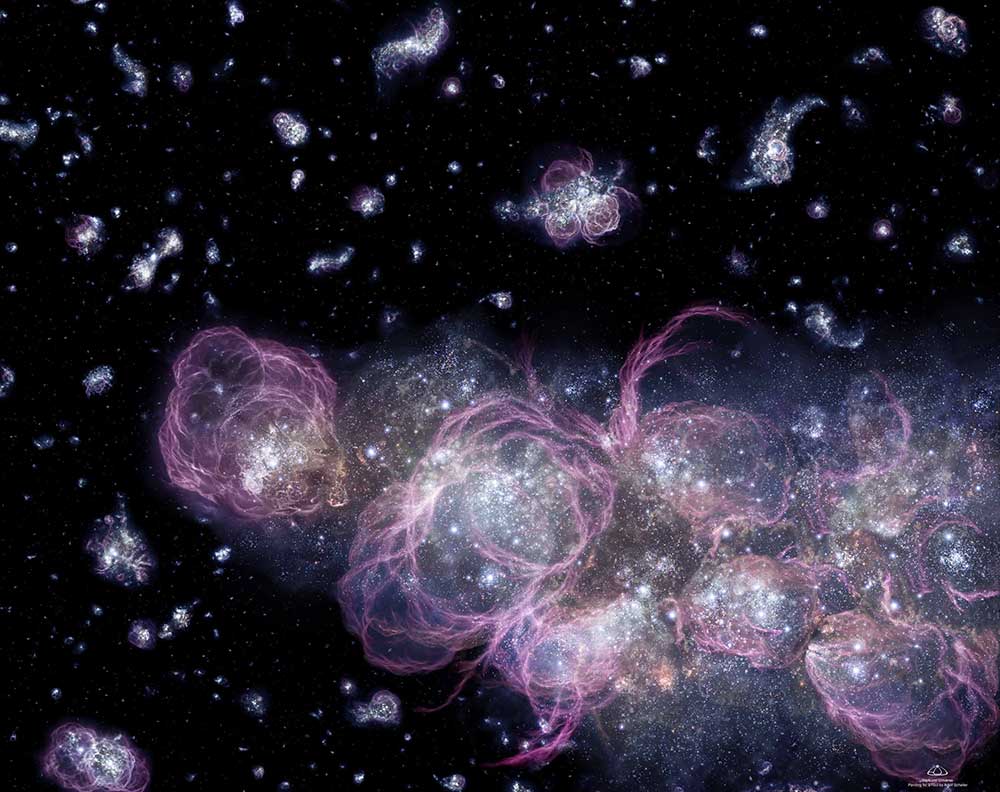

Public Lecture
Can Physics Stop Climate Change?
Brad Marston
Brown University
Wed, Jul 9, 5:30–6:30pm
Join us for a compelling lecture by Brad Marston, Can Physics Save the Planet from Climate Change?, where he explores the vital role physics plays in addressing one of humanity’s greatest challenges. While no single solution can reverse climate change, physics provides powerful tools to help us understand its causes and develop effective responses. From advancing cleaner energy technologies like wind, solar, and nuclear fusion, to uncovering the physical science behind carbon dioxide removal, physics offers pathways toward a more sustainable future. Marston will also touch on bold and potentially transformative ideas to cool the planet. This talk offers both a realistic assessment and a hopeful vision of how physics can help shape our response to the climate crisis.

About Brad Marston
Brad Marston is a climate and quantum physicist at Brown University where he directs the Brown Theoretical Physics Center. He is currently the president-elect of the American Physical Society. A graduate of Caltech, he received his Ph.D. from Princeton University. He did postdoctoral work at Cornell University and was a visiting professor at MIT and ENS Lyon, a visiting associate at Caltech, and a general member of the Kavli Institute for Theoretical Physics. Brad has been visiting the Aspen Center for Physics off and on since 1991.
Heinz R. Pagels Public Lecture Series
Heinz R Pagels was a professor of physics at Rockefeller University, president of the New York Academy of Science, a trustee of the Aspen Institute, and a member of the Aspen Center for Physics for twenty years, serving as a participant, officer, and trustee. He was also President of the International League for Human Rights. His work on chaos theory inspired the character of Ian Malcolm in the Jurassic Park book and movies. A part-time local resident, Professor Pagels died here in a mountaineering accident in 1988. His family and friends instituted the lecture series in his honor because he devoted a substantial part of his life to effective public dissemination of scientific knowledge.



